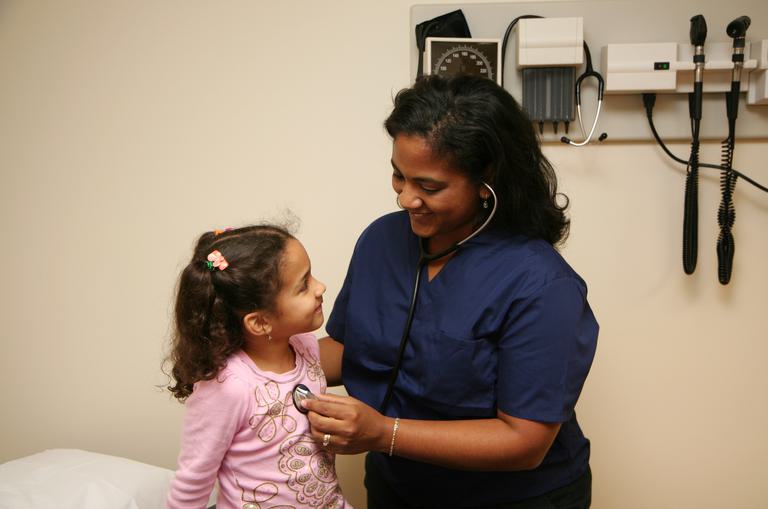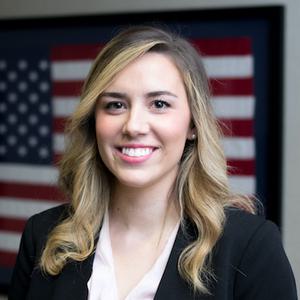
Health Care
Kaitlyn Finley | September 23, 2019
Medicaid expansion wouldn’t cover Oklahoma children
Kaitlyn Finley
Medicaid is a medical welfare program that was designed to help the truly needy, including the disabled, low-income children, and pregnant women. But with the passage of the Affordable Care Act, states have the option to expand Medicaid eligibility to able-bodied, working-age adults and receive additional federal matching funds.
According to the Affordable Care Act, only those aged 19 to 64 who make less than 138 percent of the federal poverty level are eligible to receive benefits from Medicaid expansion. Children will not receive more coverage under expansion. Children in low to moderate-income households are already eligible for Medicaid.
In Oklahoma, children whose caretakers’ income is up to 210 percent of the federal poverty level are eligible for Medicaid through a separate federal program known as the State Children’s Health Insurance Program (SCHIP). SCHIP is a medical welfare program specifically for children whose parents or caretakers make too much to qualify for Medicaid. For instance, a family of four in Oklahoma may make up to $54,084 and the children qualify for Medicaid under SCHIP.
Based on the latest data from the Census Bureau’s American Community Survey and the Oklahoma Health Care Authority, 638,248 or 64 percent of all Oklahoma children received care through Oklahoma’s Medicaid program, SoonerCare, in 2018.
According to the last study commissioned by the Oklahoma Health Care Authority, 628,000 able-bodied, working-age adults would be eligible to receive Medicaid benefits based on their income level. It should be noted that many of these able-bodied adults who would be eligible for Medicaid expansion in Oklahoma already have health insurance.
According to a report released earlier this year by the Foundation for Government Accountability (FGA), “most potentially eligible adults in the remaining non-expansion states are adults who either already have private health insurance or are eligible for coverage through the Obamacare exchange.”
In Oklahoma, FGA found that 60 percent of potential Medicaid expansion enrollees already have private health insurance, either through their employer or the individual insurance marketplace. And an additional 10 percent of these expansion enrollees in Oklahoma already qualify for generous subsidies on the Obamacare exchange.
As health care costs and insurance premiums continue to rise due to systemic problems in America’s health care system—including an alarming lack of transparency between providers, insurance companies, and consumers, as well as the systematic overutilization of health care services—it’s safe to assume that some who are privately insured may leave their plans and premiums behind and opt for free government health care. The data show that this is not conjecture.
According to FGA, states that expanded Medicaid expanded eligibility prior to the passage of the Affordable Care Act experienced a crowding out of private insurance beginning in 2000. Arizona and Maine experienced a six and seven percentage point drop respectively in the share of state residents with private insurance coverage over a ten-year period. During this same period Arizona’s Medicaid population increased by six percentage points while Maine’s rolls swelled by seven percentage points.
With these facts in mind, Oklahoma policymakers should be wary of expanding a program that will shift more costs to taxpayers, trap able-bodied adults in welfare dependency, and divert state resources away from traditional Medicaid recipients, including needy Oklahoma children.

Kaitlyn Finley
Policy Research Fellow
Kaitlyn Finley currently serves as a policy research fellow for OCPA with a focus on healthcare and welfare policy. Kaitlyn graduated from the University of Science and Arts of Oklahoma in 2018 with a Bachelor of Arts in Political Science. Previously, she served as a summer intern at OCPA and spent time in Washington D.C. interning for the Heritage Foundation and the U.S. Senate Committee on Environment and Public Works.